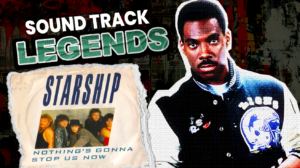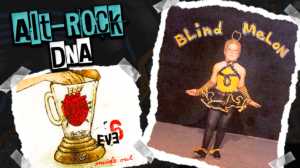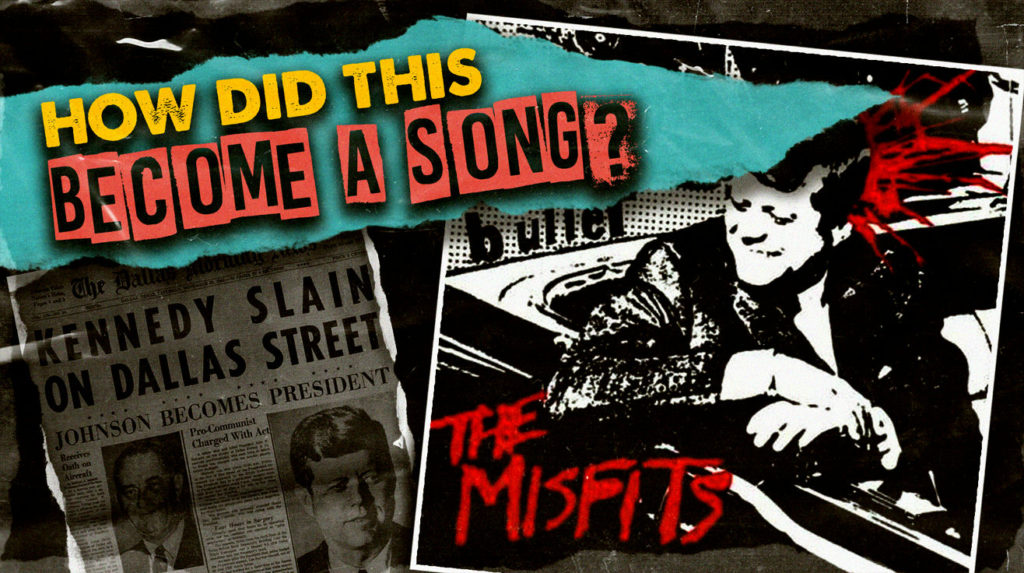
True crime obsession extends far beyond binge-watching documentaries and devouring Serial knockoffs. Long before streaming algorithms fed our morbid curiosity, musicians transformed chilling real-world cases into compelling sonic narratives—a tradition rooted in the rich history of murder ballads that spans centuries and genres. These songs don’t just tell stories—they expose judicial flaws, honor forgotten victims, and challenge how we process society’s darkest moments. From Elvis Costello‘s capital punishment critique to Nirvana‘s minimalist trauma portrait, each track proves that artistic interpretation can illuminate truths that courtroom proceedings often obscure. Ready to explore how sound shapes our understanding of crime and justice?
14. Let Him Dangle – Elvis Costello
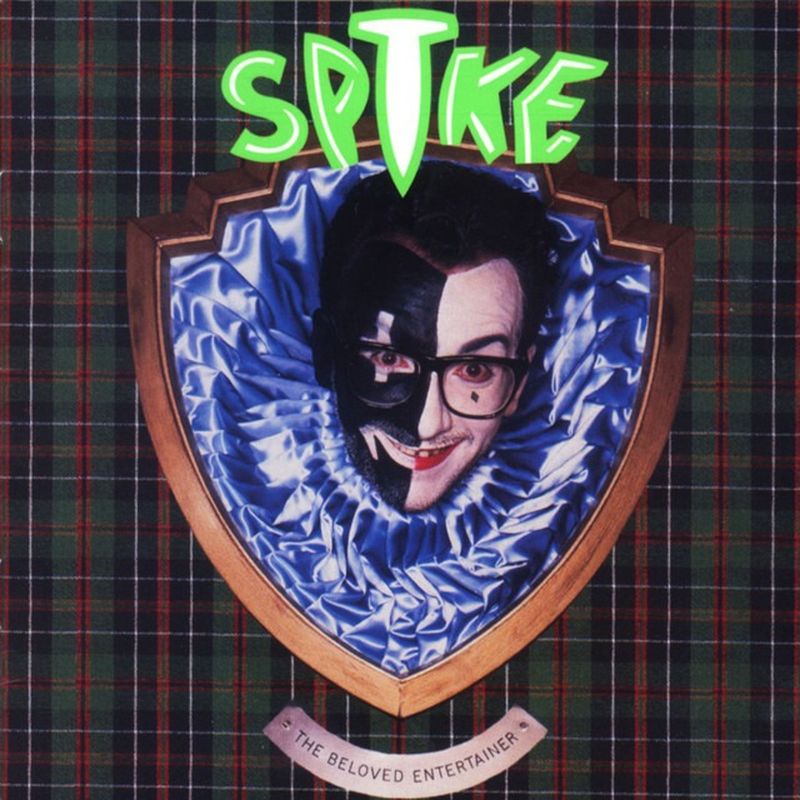
Elvis Costello transforms Derek Bentley’s execution case into a damning judicial critique. Released on ‘Spike‘ (1989), the dirge-like arrangement strips away production flourishes, letting each word land with courtroom gravity. Bentley faced execution despite his accomplice firing the fatal shot—a legal controversy that haunted Britain for decades.
Costello’s lyrics dissect capital punishment’s moral complexities without preaching. The song’s educational power proved prophetic: Bentley received a posthumous pardon in 1993, forty years after his death. Sharp storytelling meets historical significance, creating essential listening for anyone questioning justice systems.
13. The Ripper – Judas Priest
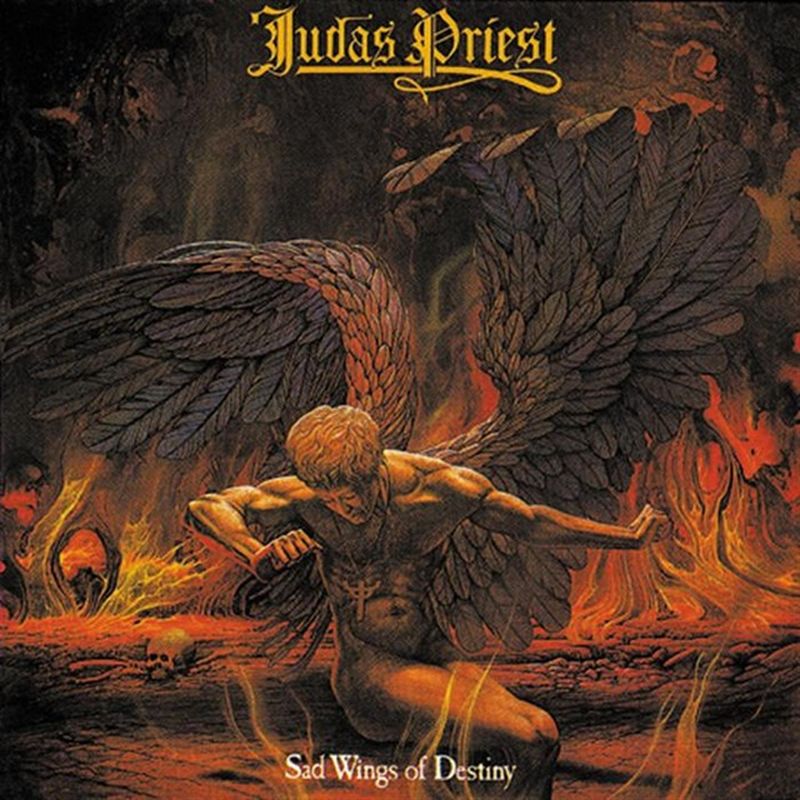
Heavy metal discovered its fascination with true crime through Judas Priest‘s 1976 masterpiece. “The Ripper” paints Jack the Ripper historical overview5 in vivid sonic colors, Rob Halford’s soaring vocals cutting through dark, foreboding guitar work. This track from ‘Sad Wings of Destiny‘ established templates that metal bands still follow today.
Priest’s influence reaches beyond shock value into artistic territory. The song demonstrates how extreme music can process historical horror without glorifying violence. Decades later, their approach to true crime themes continues inspiring new generations of metal musicians exploring society’s shadows.
12. Bullet – Misfits
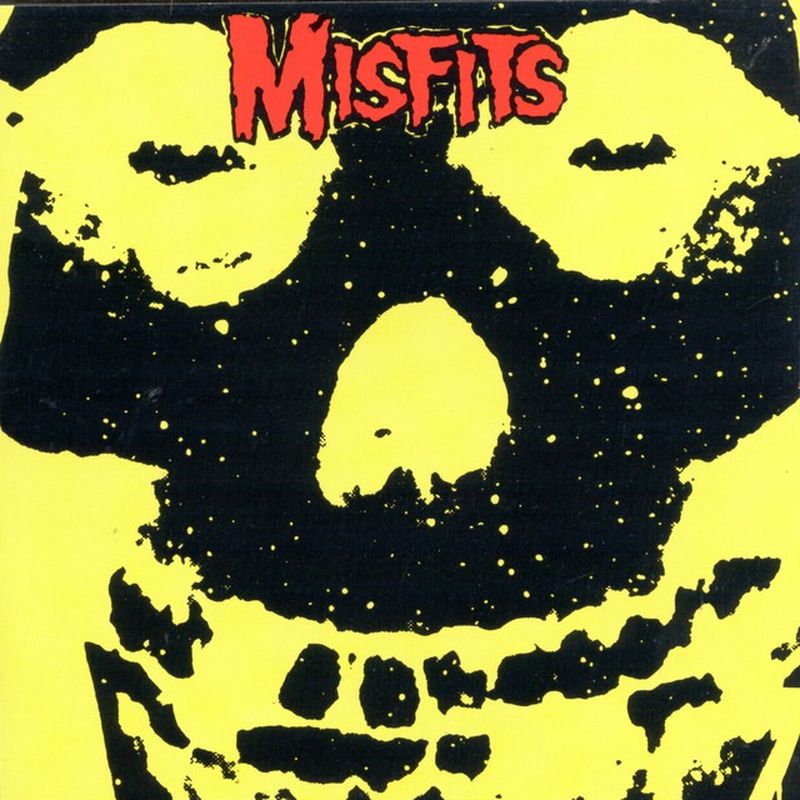
Punk rock meets presidential assassination in the Misfits‘ most controversial moment. Released in 1978, “Bullet” fixates on JFK’s death with deliberately provocative imagery, drawing on the real-life events of the assassination of John F. Kennedy3 that shocked the world in 1963. The band prioritized shock over factual accuracy, creating something that feels more like raw artistic statement than historical documentation.
Tasteless exploitation or boundary-pushing art? The Misfits didn’t care about your comfort level. Their brief, confrontational approach reflected punk’s defiant spirit, proving that music could tackle taboo subjects without apologizing for discomfort caused along the way.
11. Suffer Little Children – The Smiths
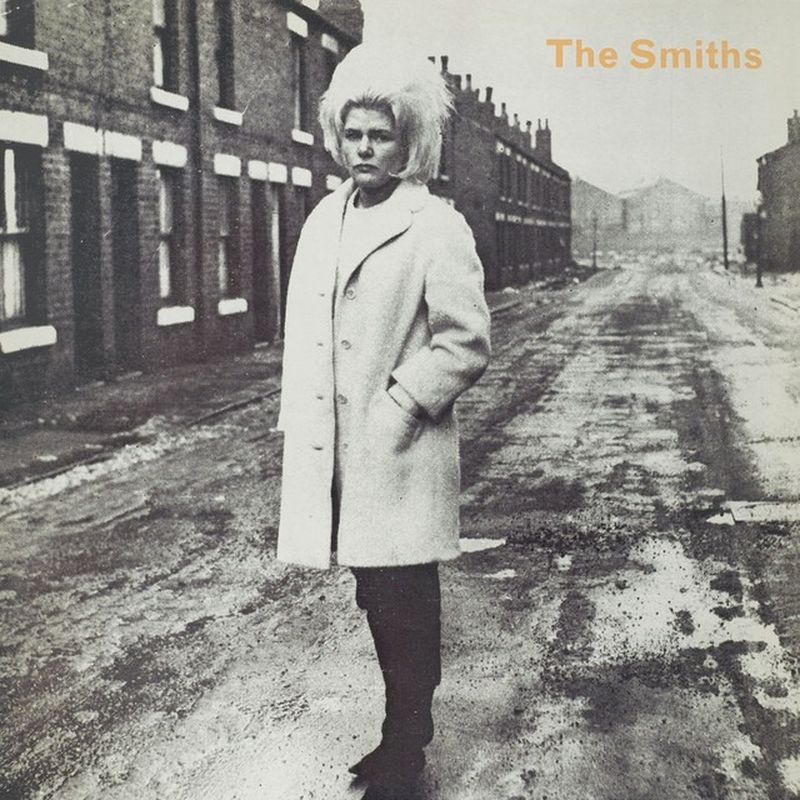
The Smiths channeled the Moors murders case history6 into haunting melodies that sparked immediate backlash. Released on their 1984 debut, the song combined Morrissey‘s emotive vocals with somber arrangements, creating tribute rather than exploitation. Families of victims initially objected, not understanding the band’s respectful intentions.
Morrissey‘s relationship with one victim’s mother validated the song’s compassionate approach. The controversy highlights ongoing tensions between artistic expression and ethical responsibility. The Smiths proved that addressing dark subjects requires careful balance between honoring victims and exploring difficult truths.
10. Deep Red Bells – Neko Case
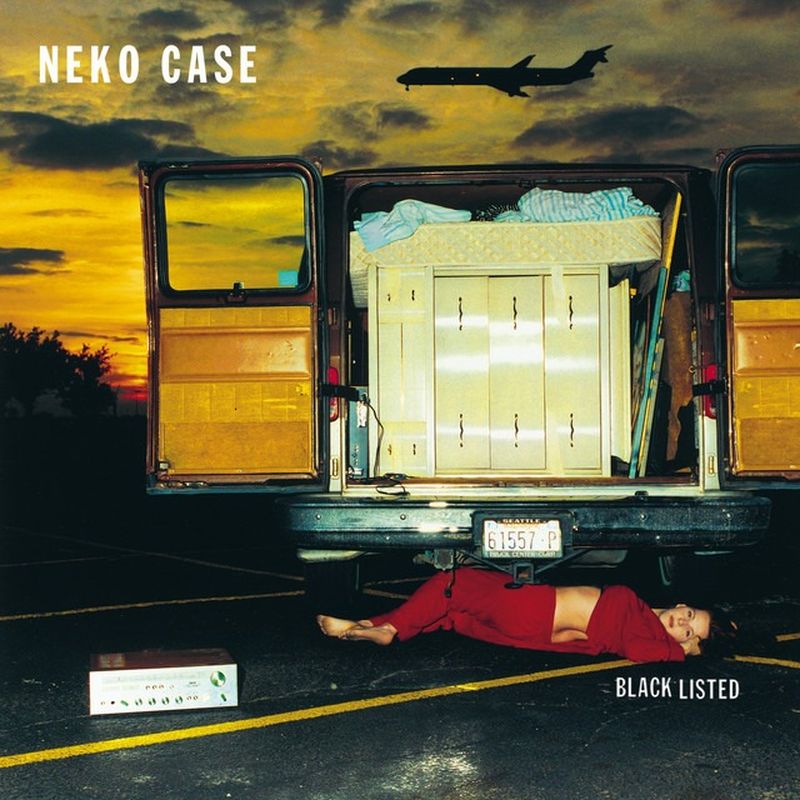
Neko Case‘s voice becomes a chilling wind through Pacific Northwest darkness. “Deep Red Bells” from ‘Blacklisted‘ (2002) transforms the Green River Killer case into ethereal beauty, mixing indie, alt-country, and noir influences. Her ghostly vocals float over spacious production that lets each haunting element resonate fully.
Gary Ridgway‘s crimes inspired this sonic landscape that captures regional trauma without sensationalizing violence. Case demonstrates how atmospheric arrangements can honor victims while exploring collective grief. The song serves as both artistic achievement and memorial for lives lost in the shadows.
9. The Night Chicago Died – Paper Lace
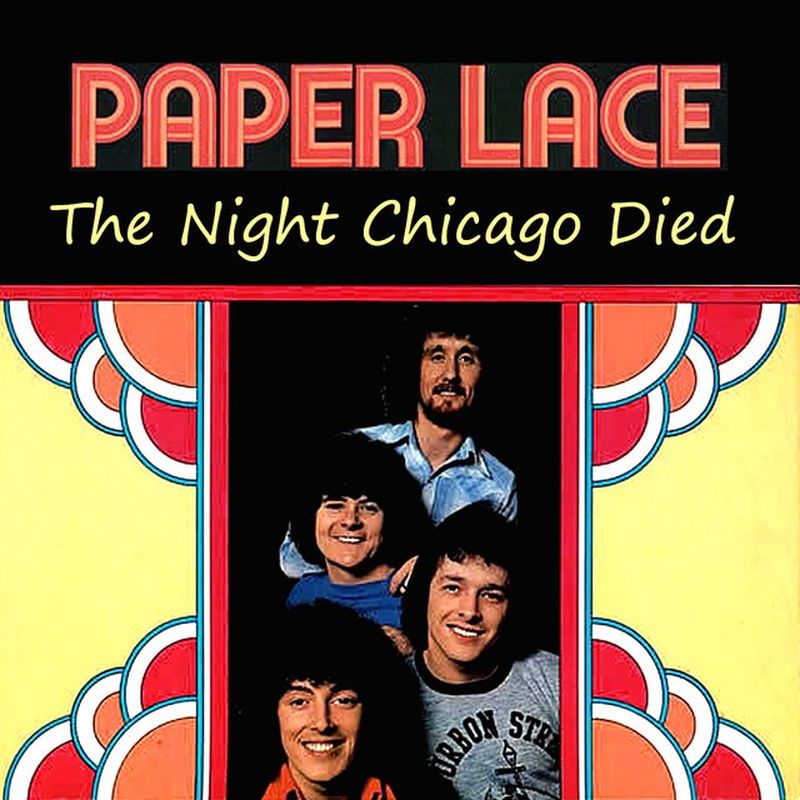
Number one hits shouldn’t trivialize massacres, yet Paper Lace‘s 1974 chart-topper did exactly that. “The Night Chicago Died” describes fictional shootouts between police and Al Capone‘s gang, loosely inspired by the infamous St. Valentine’s Day Massacre. The upbeat melody contrasts starkly with its violent subject matter.
Historical accuracy takes a backseat to catchy hooks—Al Capone wasn’t even involved in the events described. The song represents everything wrong with sensationalizing real tragedy for commercial gain. Sometimes popular music fails its responsibility to treat serious subjects with appropriate gravity.
8. Claudine – The Rolling Stones
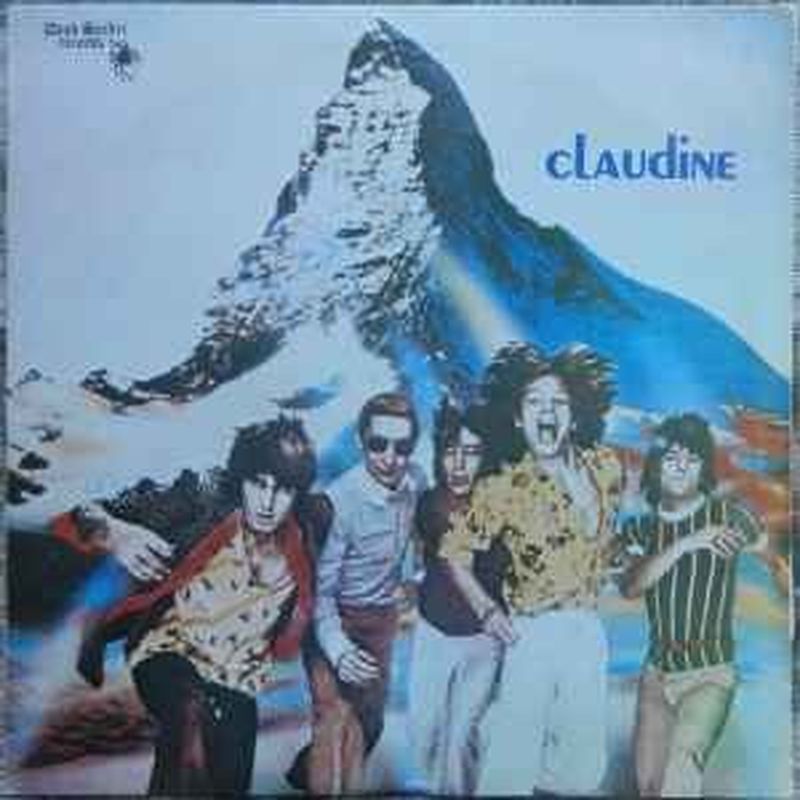
Legal concerns kept this Rolling Stones satire locked in vaults for thirty-two years. Recorded in 1979 during ‘Emotional Rescue‘ sessions, “Claudine” critiqued celebrity defendant treatment through the Claudine Longet trial coverage. Longet received just thirty days for killing Olympic skier Spider Sabich, a sentence that outraged many observers.
The Stones’ commentary on privilege and accountability proved too controversial for immediate release. When it finally appeared in 2011, the song’s themes felt eerily relevant to contemporary celebrity justice cases. Sometimes the most pointed artistic statements require time to find their proper moment.
7. Georgia Lee – Tom Waits
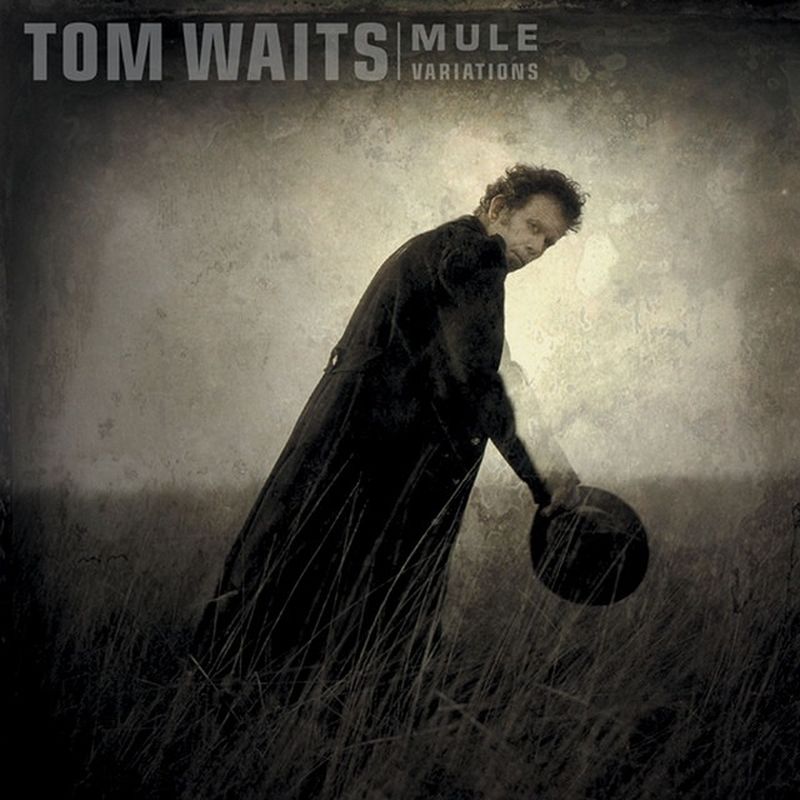
Noir-pop arrived in 2004 with The Killers‘ dark masterpiece. “Jenny Was a Friend of Mine” from ‘Hot Fuss‘ reportedly draws inspiration from the Preppy Killer case, where Robert Chambers used controversial defense strategies after killing Jennifer Levin. Brandon Flowers crafted accessible melodies around disturbing subject matter, though the connection remains loosely interpreted rather than literal retelling.
Mark Stoermer‘s driving bassline adds urgency to the narrative, while the band’s mainstream appeal brought true crime themes to pop radio audiences. The Killers proved that dark storytelling could coexist with commercial success, expanding true crime music’s reach beyond niche genres.
6. Death Valley 69 – Sonic Youth featuring Lydia Lunch
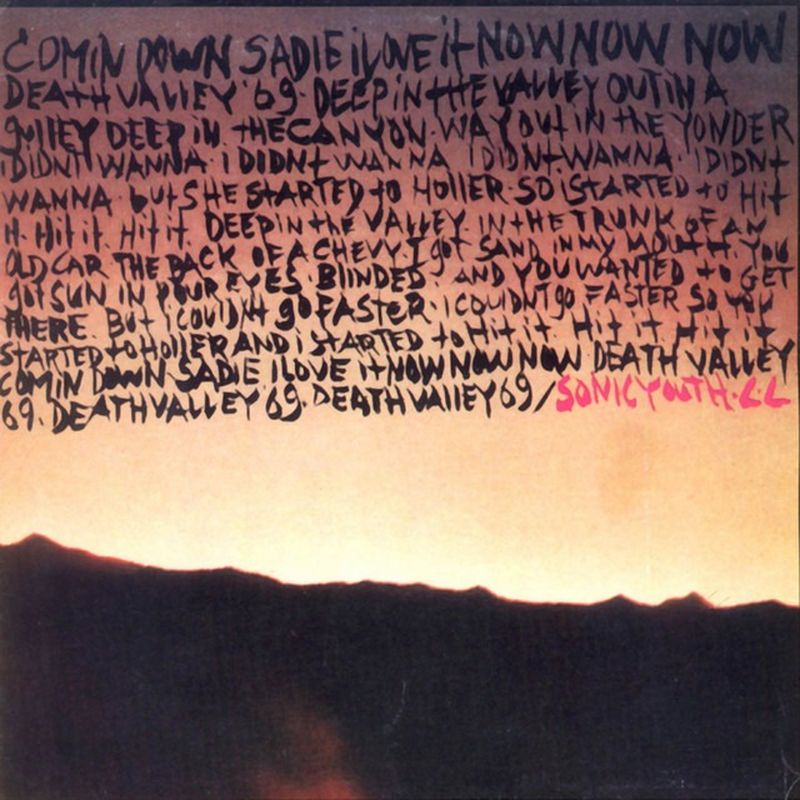
Sonic nightmares don’t get more unsettling than this 1984 collaboration. Sonic Youth and Lydia Lunch transform the Tate-LaBianca murders into dissonant chaos that overwhelms listeners through sheer sonic brutality. The chaotic structure mirrors the crimes’ senseless violence without glorifying the perpetrators.
Experimental music found its true crime voice through this pioneering track. The infamous gruesome music video pushes boundaries even further, creating experiences that challenge rather than entertain. This isn’t background music—it demands active engagement with uncomfortable realities most people prefer avoiding.
5. Polly – Nirvana
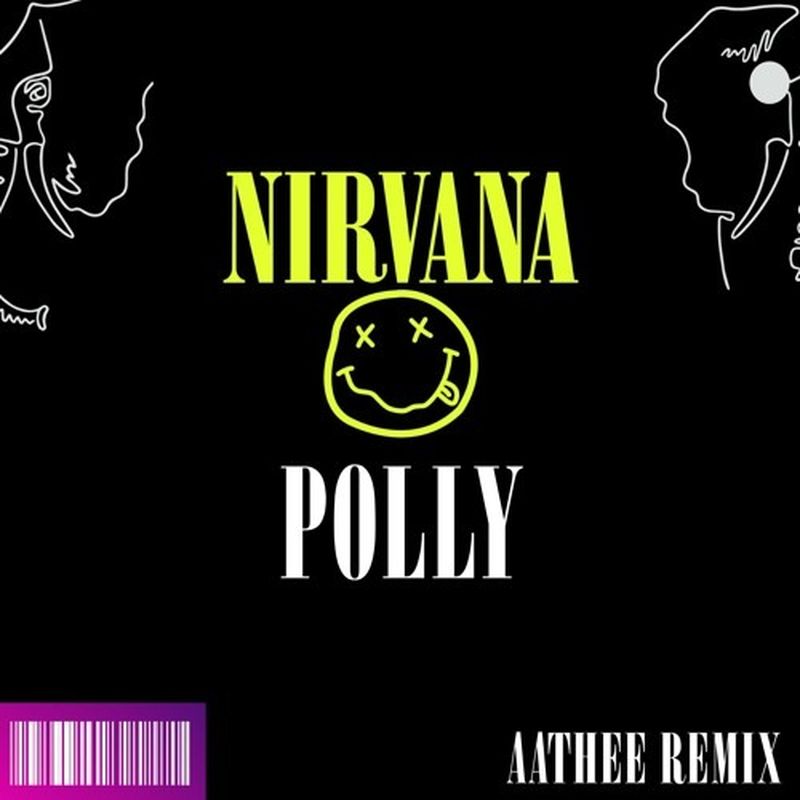
Minimalist arrangements amplify maximum impact in Nirvana‘s most disturbing composition. “Polly” focuses on a 1987 abduction case background, using simple production to ensure every lyrical detail carries full emotional weight. Kurt Cobain‘s approach humanizes tragedy while avoiding exploitation of real suffering.
The song demonstrates how stripped-down music can address serious subjects more effectively than elaborate production. Cobain transforms a horrific crime into advocacy for victims’ voices, proving that rock music could tackle difficult topics with appropriate gravity and respect.
4. Jenny Was a Friend of Mine – The Killers
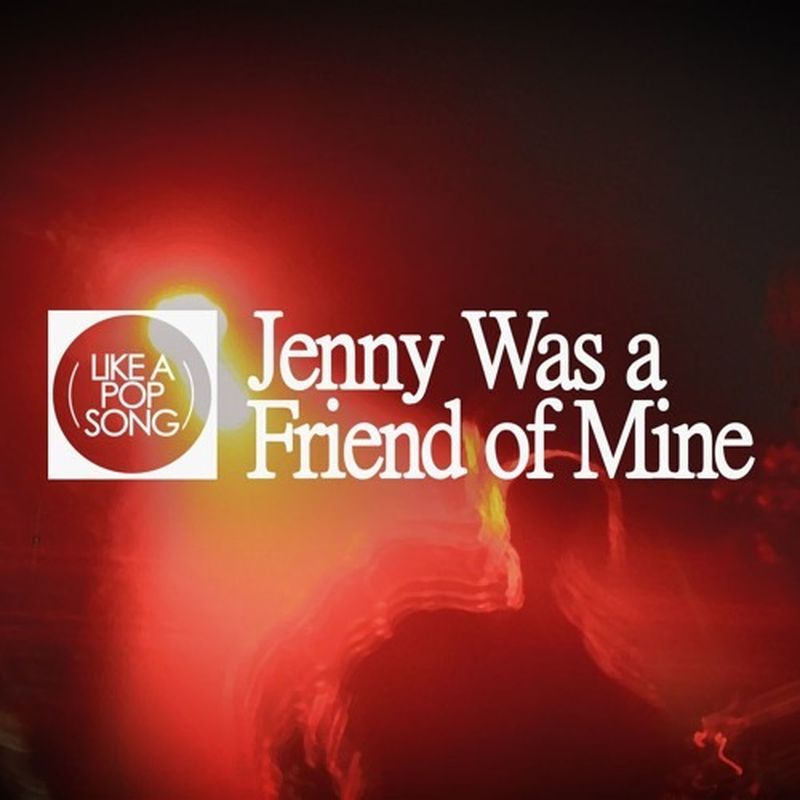
Noir-pop arrived in 2004 with The Killers‘ dark masterpiece. “Jenny Was a Friend of Mine” from ‘Hot Fuss‘ reportedly draws inspiration from the Preppy Killer case, where Robert Chambers used controversial defense strategies after killing Jennifer Levin. Brandon Flowers crafted accessible melodies around disturbing subject matter, though the connection remains loosely interpreted rather than literal retelling.
Mark Stoermer‘s driving bassline adds urgency to the narrative, while the band’s mainstream appeal brought true crime themes to pop radio audiences. The Killers proved that dark storytelling could coexist with commercial success, expanding true crime music’s reach beyond niche genres.
3. I Don’t Like Mondays – The Boomtown Rats
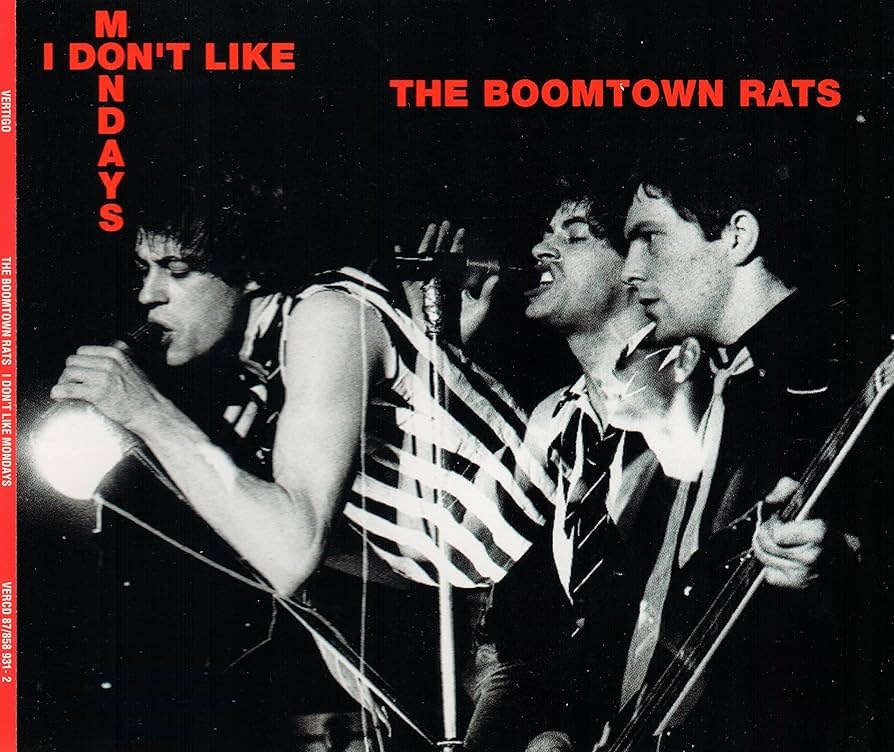
Senseless violence found its most chilling explanation in Brenda Ann Spencer‘s simple words: “I don’t like Mondays.” Bob Geldof transformed the Grover Cleveland Elementary shooting into haunting commentary on motiveless crime. The song captures the arbitrary nature of tragedy that defies rational understanding.
Spencer’s rampage killed two and injured nine, stemming from nothing more than Monday morning malaise. Geldof’s lyrics emphasize the banality of evil, showing how ordinary moments can explode into unthinkable violence. The song remains a disturbing reminder of humanity’s capacity for inexplicable cruelty.
2. Nebraska – Bruce Springsteen
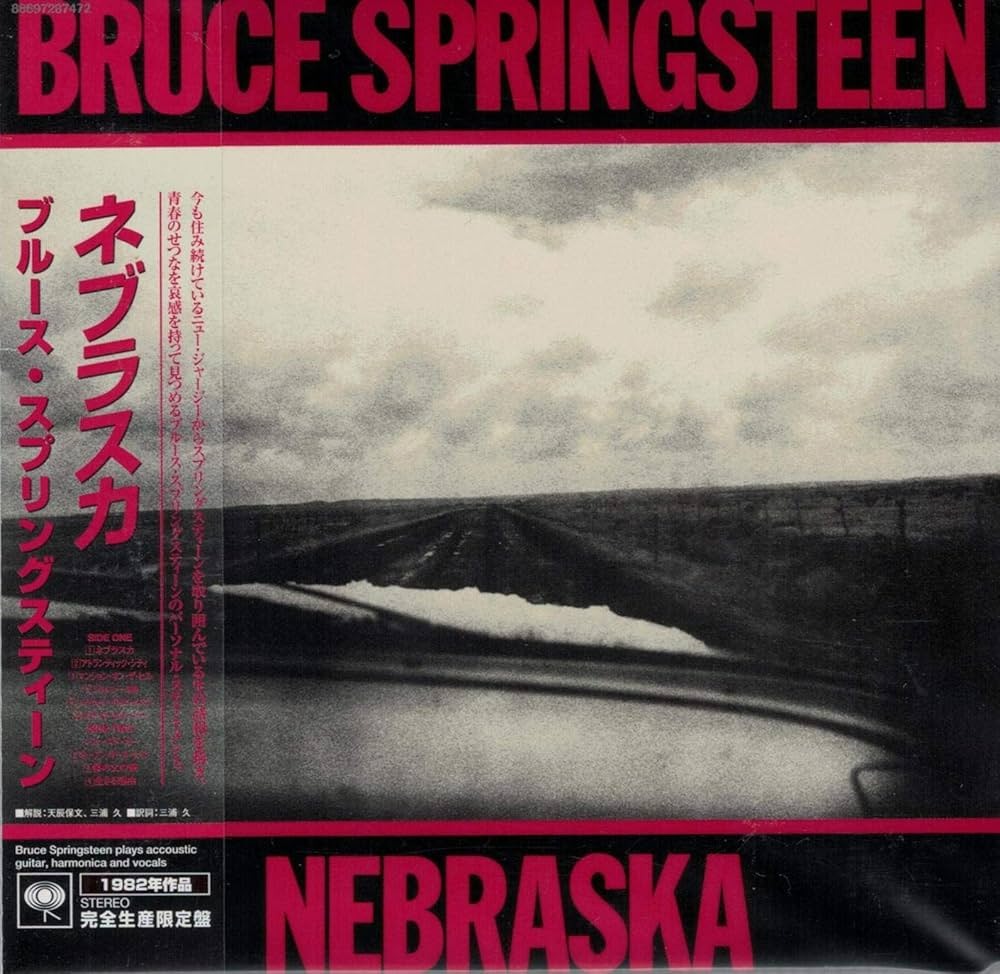
Stadium anthems gave way to stark confessional storytelling on Springsteen‘s darkest album. “Nebraska” chronicles the Charles Starkweather murder spree through stripped-down arrangements that emphasize the bleak subject matter. The Boss abandoned his usual bombastic approach for something more intimate and disturbing.
Springsteen’s four-track recordings capture America’s violent underbelly without romanticizing criminal behavior. The song reveals humanity’s capacity for senseless destruction while maintaining artistic distance from its subject. This masterpiece proves that popular musicians can explore society’s darkest corners with appropriate gravitas.
1. Hurricane – Bob Dylan
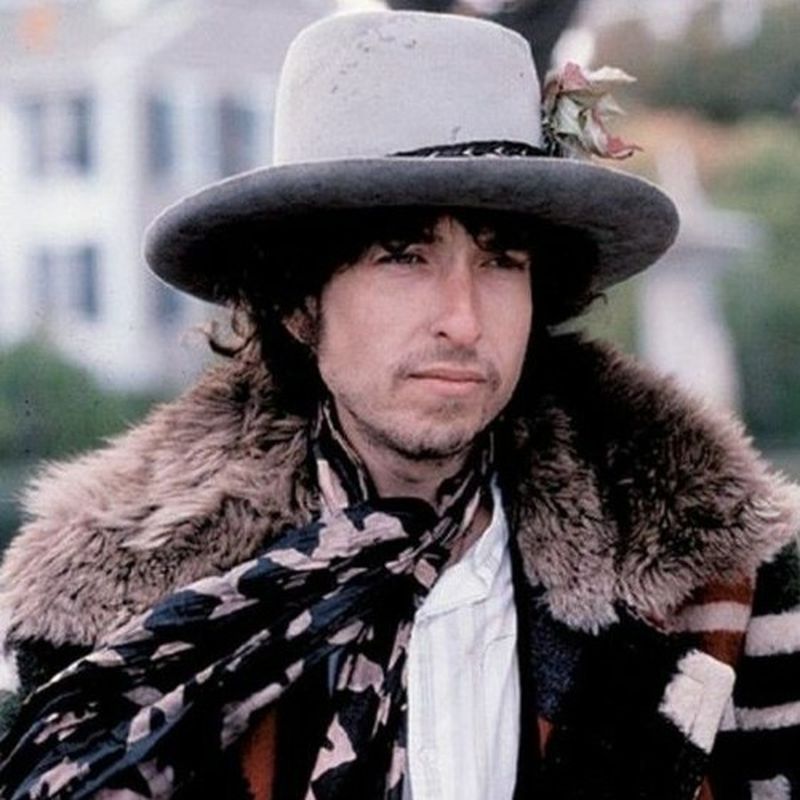
Bob Dylan elevated Rubin “Hurricane” Carter’s wrongful conviction into a powerful anthem for justice. Released in 1975, this eight-minute epic details the boxer’s false accusation for triple homicide, bringing national attention to the Rubin “Hurricane” Carter case details that had been largely ignored by the public. Dylan and Jacques Levy’s collaboration created protest music that actually changed lives.
Scarlet Rivera’s driving violin propels the narrative forward while Dylan’s lyrics expose systematic injustice. Before “Hurricane,” Carter’s story remained largely unknown outside boxing circles. After its release, he became a symbol of wrongful conviction, proving that songs can serve justice as effectively as legal briefs.




